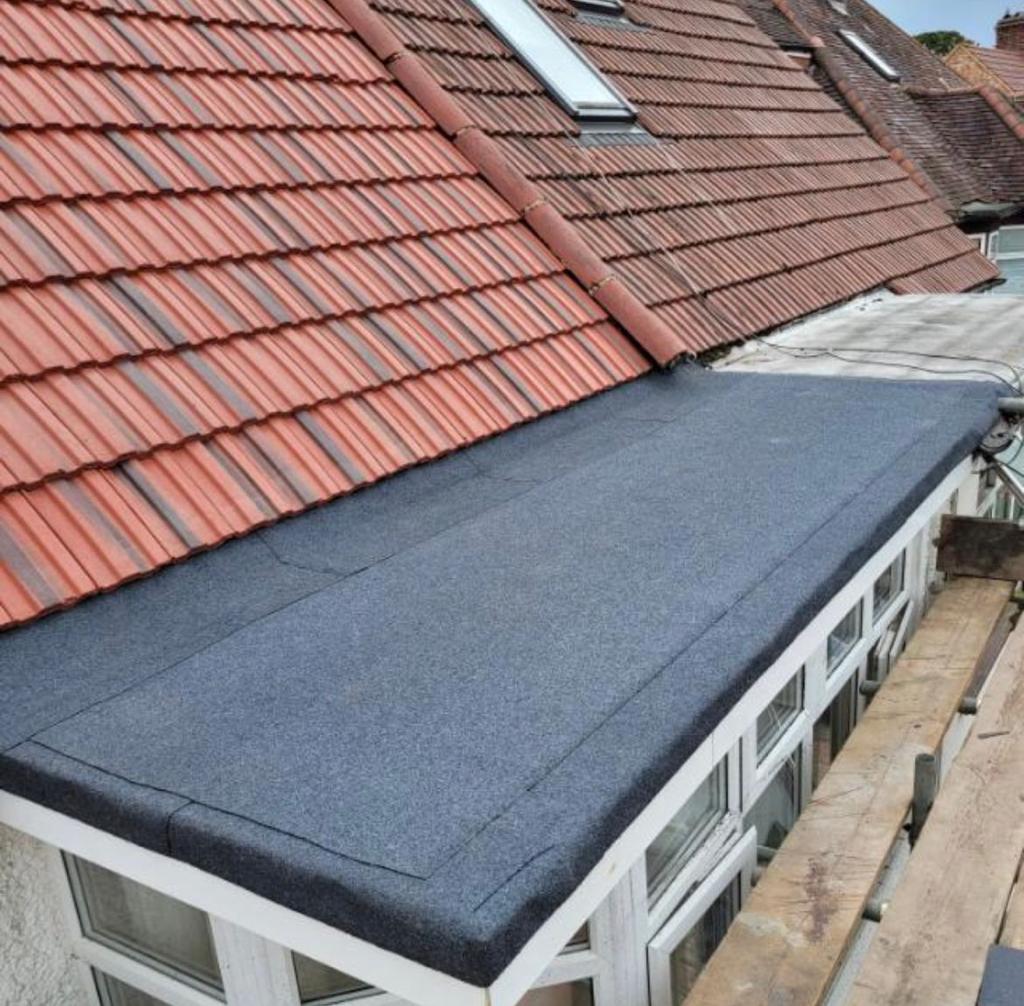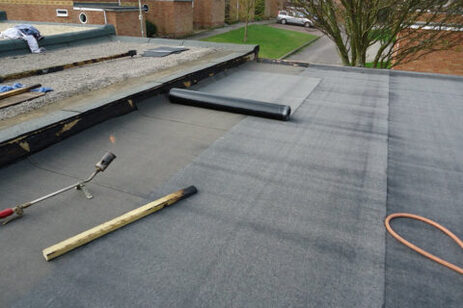
Flat roofs (also called “low-slope roofs”) are roofing surfaces that are nearly level or slightly sloped, unlike pitched roofs. They are commonly used in dry climates or modern architectural designs. Below is a detailed breakdown of their features.
1. Modern Design – Provides a sleek, contemporary look for buildings.
2. Extra Usable Space – Can be converted into a rooftop garden, lounge area, or solar panel installation.
3. Lower Construction Cost – Requires fewer materials compared to sloped roofs.
4. Easy Maintenance – More accessible for repairs and inspections than pitched roofs.
1. Drainage Issues – Poor design can lead to water pooling and leaks.
2. Thermal Insulation Needs – Requires high-quality insulation due to direct sun exposure.
3. Durability Concerns – In snowy or rainy climates, they may degrade faster if not properly sealed.


* Bitumen (Asphalt) – Common in dry regions.
* Polyurethane – Excellent waterproofing and thermal insulation.
* Synthetic Membranes (PVC, EPDM) – Highly durable and water-resistant.
* Reinforced Concrete – Used for large commercial buildings.
✔ Ensure a slight slope (1-5%) for proper water drainage.
✔ Invest in high-quality waterproofing and insulation.
✔ Schedule regular maintenance to check for cracks or leaks.
If you’re planning to build or buy a property with a flat roof, prioritize proper installation, insulation, and drainage to avoid long-term issues.